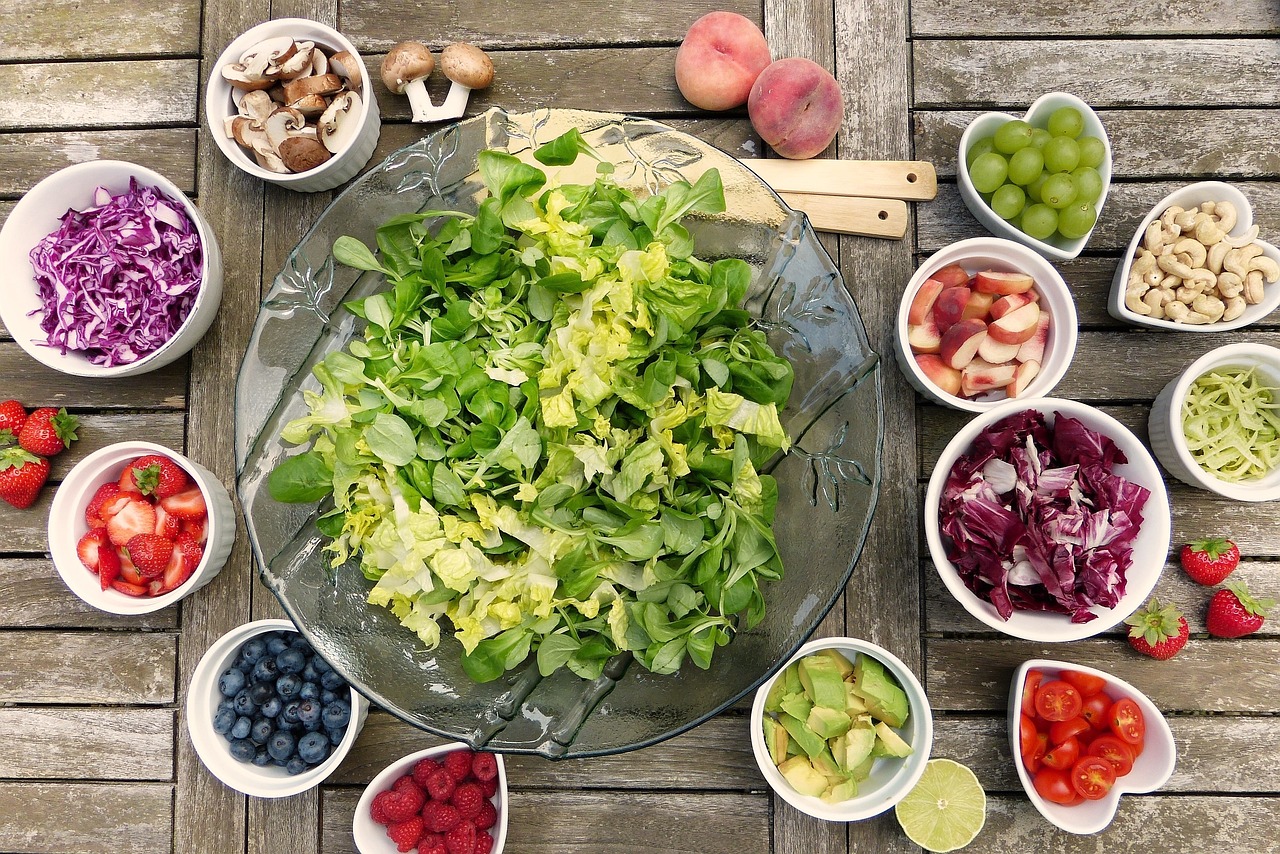
The internet is flooded with trendy diets claiming quick results, but they often fail because these methods are not sustainable. The real magic lies in keeping it simple. Focus on whole foods—fruits, vegetables, lean proteins, whole grains, and healthy fats. These are the cornerstones of a balanced diet, providing the essential nutrients your body needs to thrive.
Specifically, in terms of precision nutrition and personalized diets, we need to adjust our intake based on individual needs to achieve optimal results. At the same time, we cannot ignore the importance of gut microbiota for overall health. Therefore, choosing foods rich in fiber and prebiotics, such as fermented foods, also helps promote digestive system balance.
Why whole foods are so important: Whole foods are rich in vitamins, minerals, and fiber, all of which help keep your body functioning optimally. One study found that diets rich in fruits, vegetables, and whole grains are closely associated with a reduced risk of heart disease, stroke, and certain cancers. Consuming whole foods can also help regulate blood sugar levels, so you don’t have to worry about those dreaded energy crashes. Pro tip: The next time you’re shopping at the supermarket, try to stick to the perimeter areas—that’s where fresh whole foods reign supreme. And don’t be afraid to try new things—experimenting with different fruits and vegetables can make your meals more interesting.

